

Articles
How To Store Unopened Whiskey
Modified: October 18, 2024
Learn how to properly store unopened whiskey to ensure its longevity and maintain its quality. Read our informative articles for expert tips and guidelines.
(Many of the links in this article redirect to a specific reviewed product. Your purchase of these products through affiliate links helps to generate commission for Storables.com, at no extra cost. Learn more)
Introduction
Welcome to the world of whiskey aficionados! Whether you’ve just started your collection or have been amassing bottles for years, it’s essential to know how to properly store unopened whiskey. Whiskey is a delicate spirit that requires specific conditions to maintain its quality and taste over time. In this article, we will explore the factors to consider and the steps to take to ensure your unopened whiskey stays in optimal condition.
Storing whiskey correctly is crucial because it can impact its flavor, aroma, and overall enjoyment. Just like fine wine, whiskey is a complex and nuanced spirit that evolves with time. By following the right storage practices, you can preserve the integrity of the whiskey and enjoy its full potential when the time comes to open the bottle.
Before diving into the specifics of storing unopened whiskey, it’s important to consider a few key factors. The environment in which you store your bottles plays a significant role in their longevity, taste, and overall quality. Let’s explore these factors in more detail.
Key Takeaways:
- Preserve the essence of your unopened whiskey by considering factors like bottle material, age, closure type, and storage location. Maintain a consistent environment to ensure optimal aging and enjoy the full potential of your collection.
- Store your unopened whiskey with care, avoiding light exposure, strong odors, and excessive movement. Monitor the age and shelf life to make informed decisions about when to savor each bottle at its peak.
Read more: How To Store Unopened Coconut
Factors to Consider Before Storing Unopened Whiskey
When it comes to storing unopened whiskey, there are several crucial factors to keep in mind. These factors can greatly affect the taste, aroma, and overall quality of the whiskey over time. Here are some key considerations:
- Bottle Material: The material of the whiskey bottle, such as glass or plastic, can impact how it ages. Glass bottles are preferred for long-term storage as they do not react with the whiskey, preserving its flavors.
- Whiskey Age: The age of the whiskey plays a role in determining how it should be stored. Older whiskeys, like single malts or bourbons, are often more delicate and require more precise storage conditions.
- Bottle Closure: The type of closure, such as a cork or screw cap, can affect the whiskey’s aging process. Cork closures allow for a small amount of oxygen exchange, which can enhance the flavors, while screw caps provide a tighter seal, minimizing oxidation.
- Whiskey Type: Different types of whiskey have distinct storage requirements. Scotch whiskey, for example, benefits from aging in cool, damp environments, while bourbon may prefer drier conditions.
- Storage Period: Consider the intended length of storage for the whiskey. If you plan to store it for a shorter period, less attention to detail may be required compared to long-term storage.
By taking these factors into account, you can better prepare yourself for the next steps in storing your unopened whiskey. It is important to remember that each bottle of whiskey is unique, so adjusting your storage approach based on specific recommendations from the distillery is always recommended. Now that you have considered these factors, let’s move on to choosing the right storage location for your unopened whiskey.
Choosing the Right Storage Location
Finding the ideal storage location for your unopened whiskey is crucial. The environment in which the bottles are stored can significantly impact their quality and taste. Here are some important factors to consider when selecting a storage location for your whiskey:
- Away from Direct Sunlight: Light exposure can have a detrimental effect on whiskey, causing it to degrade and lose its flavor. Ensure that your storage location is away from direct sunlight to maintain the integrity of your bottles.
- Avoid Extreme Temperatures: Whiskey should be stored in a cool and consistent temperature environment. Extreme heat or cold can harm the whiskey and alter its flavors. Optimal temperatures for storing whiskey range from 15°C to 20°C (59°F to 68°F).
- Low Humidity: Whiskey should be stored in an environment with moderate humidity levels. High humidity can damage the labels and lead to mold growth, while low humidity can cause evaporation and compromise the whiskey’s quality.
- Stable Environment: Fluctuating temperature and humidity levels can negatively impact the whiskey. Choose a storage location that maintains a stable environment to prevent these fluctuations.
Based on these factors, consider options such as a dedicated whiskey cabinet, a temperature-controlled cellar, or a cool, dark area in your home. Remember to avoid storing your whiskey in places like the kitchen or near heat sources like radiators and ovens, as these areas are prone to temperature fluctuations.
In addition to these considerations, it’s worth mentioning that storing unopened whiskey in an upright position or on its side is a matter of personal preference. Unlike wine, whiskey does not need to be stored on its side to keep the cork moist. However, storing whiskey bottles on their sides can help prevent the buildup of sediments and ensure that the liquid inside is in constant contact with the cork, potentially minimizing the risk of leaks.
Once you have selected the right storage location for your unopened whiskey, the next step is to pay attention to the temperature and humidity control in that environment. Let’s explore these factors further.
Temperature and Humidity Control
Temperature and humidity control are crucial aspects of storing unopened whiskey. These factors directly impact the whiskey’s aging process and overall quality. Here’s what you need to know:
Temperature: Whiskey should be stored in a cool, stable temperature environment. Fluctuations in temperature can affect the chemical reactions within the whiskey and lead to flavor inconsistencies. Ideally, the storage temperature should be between 15°C and 20°C (59°F and 68°F). Avoid storing whiskey in areas that are subject to extreme heat or cold, as this can damage the integrity of the spirit.
Humidity: Maintaining the right humidity level is essential for preserving the quality of the whiskey. High humidity can cause labels to peel off or promote mold growth, while low humidity can result in evaporation and affect the flavor. Aim for a moderate humidity level of around 50-70%. To control humidity, you can use humidity control products like silica gel packs or a humidifier if necessary.
It’s important to note that the ideal temperature and humidity levels may vary slightly depending on the type of whiskey you are storing. For example, Scotch whiskey tends to do well in a slightly cooler and more humid environment compared to bourbon. It’s always a good idea to consult the distillery’s recommendations for specific storage conditions.
To maintain temperature and humidity levels, consider investing in a quality hygrometer and thermometer to regularly monitor the conditions in your whiskey storage area. These tools will allow you to make any necessary adjustments and ensure that your whiskey is being stored optimally.
Up next, we’ll discuss the importance of avoiding exposure to light in order to protect the whiskey from potential harm.
Avoiding Exposure to Light
Exposure to light is a critical factor to consider when storing unopened whiskey. Whiskey, like many other spirits, is sensitive to light and can degrade if exposed to direct or prolonged sunlight. Here’s why it’s important to avoid light exposure:
UV Radiation: Sunlight contains ultraviolet (UV) radiation, which can cause chemical reactions in the whiskey and lead to the deterioration of flavors and aromas. This can result in a loss of complexity and balance in the whiskey.
Heat Generation: Sunlight can also generate heat, causing the temperature inside the bottle to rise. This increase in temperature can accelerate the aging process and potentially ruin the whiskey’s characteristics.
To protect your whiskey from light exposure, consider the following tips:
- Store your whiskey in a dark or dimly lit area, away from direct sunlight. This can be a dedicated whiskey cabinet, a cellar, or even a closet.
- If you choose to display your bottles, use opaque or dark-colored glass cabinets to minimize light exposure.
- Avoid storing the whiskey near windows or in areas where sunlight can reach them, such as countertops or open shelves.
- Keep the bottles in their original packaging or consider using UV-resistant bottle sleeves to further protect them from light.
By ensuring that your unopened whiskey is shielded from light, you can preserve its flavors, aromas, and overall quality over time. Now that we’ve covered the importance of avoiding light exposure, let’s move on to the proper positioning of whiskey bottles during storage.
Read more: How To Store Unopened Botox
Proper Bottle Positioning
The positioning of whiskey bottles during storage is a topic of debate among enthusiasts. While there is no strict rule, different approaches can impact the whiskey’s aging process and the preservation of its flavors. Here are two common methods:
Upright Position: Storing whiskey bottles in an upright position is a traditional approach. This method ensures that the liquid does not come into prolonged contact with the cork, minimizing the risk of cork deterioration or contamination. It is especially recommended for bottles with synthetic or composite corks that may be more susceptible to damage. However, keeping the whiskey upright may result in the accumulation of sediments at the bottom of the bottle over time.
Horizontal Position: Some whiskey enthusiasts prefer to store bottles on their sides, similar to wine storage. This method ensures that the whiskey maintains consistent contact with the cork, which can help prevent the cork from drying out and potentially leaking. Storing bottles horizontally can also help minimize the buildup of sediments and facilitate easier pouring when the time comes to open the bottle.
Ultimately, the choice between the upright and horizontal positioning methods is a personal preference. Consider the type of closure on the bottle, the condition of the cork, and your storage space limitations. Whichever method you choose, make sure that the bottles are stable and secure to prevent any accidental damage.
It’s important to note that once you have opened a bottle of whiskey, it should be stored upright to prevent any chances of leakage or accelerated oxidation.
Now that we’ve covered the positioning of whiskey bottles, let’s explore the importance of avoiding strong odors in the storage area.
Store unopened whiskey in a cool, dark place away from direct sunlight and extreme temperatures. Keep the bottle upright to prevent the cork from drying out and store it away from strong odors to avoid affecting the flavor.
Avoiding Strong Odors
When storing unopened whiskey, it’s important to consider the surrounding environment and avoid strong odors that can potentially affect the flavor and aroma of the spirit. Whiskey is incredibly aromatic, and it can absorb odors from its surroundings, compromising its intended characteristics. Here’s why you should pay attention to avoiding strong odors:
Scent Contamination: Whiskey is known for its complex flavors and aromas, which can easily be affected by surrounding smells. Strong odors from foods, spices, cleaning products, or other volatile substances can seep into the whiskey through the cork or bottle and alter its taste and smell.
Permeability of Corks: Cork closures, commonly used in whiskey bottles, have a level of permeability. This can allow small amounts of air to enter the bottle, along with any odors in the environment. Odor contamination can be particularly problematic for unopened whiskey, as it can intensify over time.
To prevent odor contamination and preserve the natural characteristics of your whiskey, here are a few tips to follow:
- Store your bottles in a location away from strong-smelling substances, such as cleaning supplies, spices, or pungent foods.
- Avoid storing whiskey near areas with excessive humidity, which can promote the growth of mold or mildew, resulting in musty odors.
- Keep your whiskey storage area clean, free from dust, and well-ventilated. Regularly airing out the space can help remove any lingering odors.
- Consider using airtight containers or sealed cabinets to further protect your whiskey from external odors.
By being mindful of strong odors in the storage area, you can ensure that your unopened whiskey retains its intended flavors and aromas, providing a delightful and authentic experience when you finally open the bottle.
Now that we’ve discussed avoiding strong odors, let’s move on to the importance of maintaining a consistent environment for your unopened whiskey.
Maintaining a Consistent Environment
Consistency is key when it comes to storing unopened whiskey. Fluctuations in temperature, humidity, and other environmental factors can impact the aging process and overall quality of the spirit. To ensure that your whiskey remains in optimal condition, it’s important to maintain a consistent environment for storage. Here’s why:
Preserving Flavor Profiles: Whiskey ages and matures over time, developing its unique flavors and aromas. Any sudden changes in temperature or humidity can disrupt this aging process and lead to inconsistencies in the final product. By maintaining a consistent environment, you allow the whiskey to age gracefully and preserve its intended flavor profiles.
Preventing Cork Damage: Cork closures are commonly used in whiskey bottles, and they can be sensitive to fluctuations in temperature and humidity. Rapid changes in these conditions can cause the cork to expand or contract, potentially leading to leakage or oxidation. A consistent environment helps to minimize these risks and ensure the longevity of the whiskey.
Minimizing Evaporation: Whiskey is susceptible to evaporation, and drastic changes in temperature or humidity can accelerate this process. Maintaining a stable environment helps to minimize evaporation and prevent the loss of valuable aromas and flavors.
To maintain a consistent environment for your unopened whiskey, consider the following tips:
- Choose a storage location that experiences minimal temperature and humidity fluctuations. Avoid areas near heating or cooling sources.
- Use a thermometer and hygrometer to regularly monitor the temperature and humidity levels in your storage area. Make any necessary adjustments to maintain the desired range.
- Avoid opening the storage area frequently, as this can introduce outside air and disrupt the consistency of the environment.
- Consider using insulation materials or temperature-controlled cabinets to create a more controlled and consistent environment for your whiskey.
By maintaining a consistent environment, you can ensure that your unopened whiskey ages gracefully, preserving its intricate flavors and aromas. Next, let’s discuss the importance of minimizing vibrations and movement in whiskey storage.
Minimizing Vibrations and Movement
When it comes to storing unopened whiskey, minimizing vibrations and movement is a crucial consideration. Whiskey is a delicate spirit that can be easily affected by external disturbances. Excessive vibrations and movement can disrupt the aging process and potentially degrade the quality of the spirit over time. Here’s why it’s important to minimize vibrations and movement:
Chemical Reactions: Whiskey undergoes chemical reactions as it ages, leading to the development of complex flavors and aromas. Vibrations and movement can disturb these reactions and disrupt the delicate balance within the liquid, negatively impacting the final flavor profile.
Bottle Integrity: Excessive vibrations and movement can put stress on the whiskey bottles themselves. This can result in micro-fractures or compromised seals, leading to leaks or oxidation. Preserving the integrity of the bottles is important to protect the whiskey from external contaminants and maintain its quality.
To minimize vibrations and movement in whiskey storage, follow these guidelines:
- Store your whiskey bottles in a stable location, away from heavy traffic areas or areas prone to frequent movement.
- Avoid stacking bottles on top of each other, as this can increase the risk of accidental falls or vibrations within the stack.
- If storing whiskey in a cabinet or shelves, ensure they are sturdy and securely fixed to prevent unnecessary movement.
- Avoid unnecessary handling or jostling of the bottles whenever possible.
By minimizing vibrations and movement, you can create a stable environment for your unopened whiskey, allowing it to age undisturbed and maintain its intended flavors and aromas. With these precautions in place, your whiskey collection will be well-preserved for future enjoyment.
Finally, let’s discuss the importance of checking for proper sealing and ensuring the integrity of your unopened whiskey bottles.
Read more: How To Store Whiskey
Checking for Proper Sealing
Ensuring proper sealing is a crucial step when storing unopened whiskey. A well-sealed bottle not only helps preserve the whiskey’s integrity but also prevents oxygen from entering and compromising its quality. Here’s why checking for proper sealing is important:
Preventing Oxidation: When whiskey comes into contact with oxygen, it undergoes a process called oxidation, which can negatively impact its flavors and aromas. A tight seal helps minimize the amount of oxygen that enters the bottle, preserving the whiskey’s original characteristics.
Preventing Leakage: A proper seal also prevents any leakage that could occur during storage. Leakage not only leads to the loss of whiskey but can also introduce contaminants and accelerate the aging process, affecting the taste and quality of the spirit.
To check for proper sealing, follow these steps:
- Inspect the cork or closure for any visible damage or signs of deterioration. Look for cracks, tears, or dryness.
- Give the bottle a gentle but firm shake to ensure there are no leaks or loose closures. Listen for any unusual sounds that may indicate a compromised seal.
- Check the level of the whiskey inside the bottle. If it appears to be lower than expected, it may indicate a leak or evaporation, which can be caused by an improper seal.
If you detect any issues with the seal or suspect a leak, it’s important to address it promptly. Contact the distillery or manufacturer for guidance on how to proceed and potentially resolve the issue.
By checking for proper sealing, you can enjoy the reassurance that your unopened whiskey bottles are well-protected and will maintain their quality during storage. Now that we’ve covered sealing, let’s discuss the importance of monitoring the whiskey’s age and shelf life.
Monitoring the Whiskey’s Age and Shelf Life
Monitoring the age and shelf life of your unopened whiskey is essential in ensuring optimal quality and enjoying the spirit at its peak. Whiskey is known for its ability to age, evolve, and develop complex flavors over time. However, it’s important to be aware of the whiskey’s age and its potential shelf life. Here’s why monitoring these factors is crucial:
Aging Process: Whiskey undergoes a maturation process while it is stored in barrels, developing unique flavors and characteristics. It’s important to keep track of the aging process because different whiskeys have distinct aging timelines. By monitoring the age of your whiskey, you can have an idea of how it may have evolved and when it might be at its best for consumption.
Shelf Life: While whiskey can technically last indefinitely if stored properly, it’s important to understand that its qualities can change over time. The longer the whiskey is stored, the more it may interact with the barrel and undergo changes in flavor and aroma. Monitoring the shelf life allows you to make informed decisions about when to open bottles and enjoy them at their peak.
To monitor the age and shelf life of your unopened whiskey, follow these guidelines:
- Keep track of the bottles’ purchase or production dates. This information can usually be found on the label or packaging.
- Research the typical aging period for the specific type of whiskey you have. This can vary depending on whether it is Scotch, bourbon, rye, or another variety.
- Consider consulting professional resources, such as whiskey experts or distillery recommendations, to gain insights into the aging and shelf life of specific bottles.
- Regularly assess the collection and determine which bottles should be opened sooner rather than later to ensure you enjoy them at their best state.
By monitoring the age and shelf life of your unopened whiskey, you can make informed decisions about when to open bottles and savor them at their peak flavor and aroma. Remember, whiskey is a personal preference, and some might prefer younger or older expressions; it’s all about finding your preferred taste profile.
With all the essential information covered, you are now equipped to store your unopened whiskey with care and confidence. Enjoy the anticipation of savoring your perfectly aged bottle in the future, knowing that you have taken the necessary steps to maintain its quality and uniqueness along the way.
Now, go and enjoy the art of whiskey collecting and appreciating!
Conclusion
Congratulations! You are now equipped with the knowledge and understanding of how to properly store unopened whiskey. By considering factors such as bottle material, whiskey age, closure type, and storage period, you can set the foundation for preserving the quality and taste of your prized whiskey collection.
Choosing the right storage location, maintaining temperature and humidity control, avoiding exposure to light, proper bottle positioning, and minimizing vibrations and movement are all crucial aspects of whiskey storage. By adhering to these guidelines, you can create an optimal environment for your whiskey to age gracefully without compromising its flavors or aromas.
Additionally, ensuring proper sealing and monitoring the whiskey’s age and shelf life are important considerations in maintaining the integrity and quality of the spirit. By staying vigilant and informed, you can make informed decisions about when to open each bottle and enjoy it at its peak.
Remember, whiskey is a fascinating and complex spirit that evolves over time. It represents craftsmanship, tradition, and the art of aging. By implementing these storage practices, you are honoring the craftsmanship of the whiskey distillers and ensuring that each bottle reaches its full potential when the time comes to savor it.
So, take pride in your whiskey collection, and revel in the anticipation of opening those unopened bottles that have been carefully stored and nurtured. With the knowledge you’ve gained, you can truly appreciate the complexity, depth, and character of your whiskey, and share that experience with others.
Now, go forth and continue your whiskey journey, knowing that you have the expertise to store unopened whiskey with meticulous care and attention. Cheers to preserving the legacy of this timeless spirit and enjoying the delightful moments it will bring in the days to come!
Frequently Asked Questions about How To Store Unopened Whiskey
Was this page helpful?
At Storables.com, we guarantee accurate and reliable information. Our content, validated by Expert Board Contributors, is crafted following stringent Editorial Policies. We're committed to providing you with well-researched, expert-backed insights for all your informational needs.
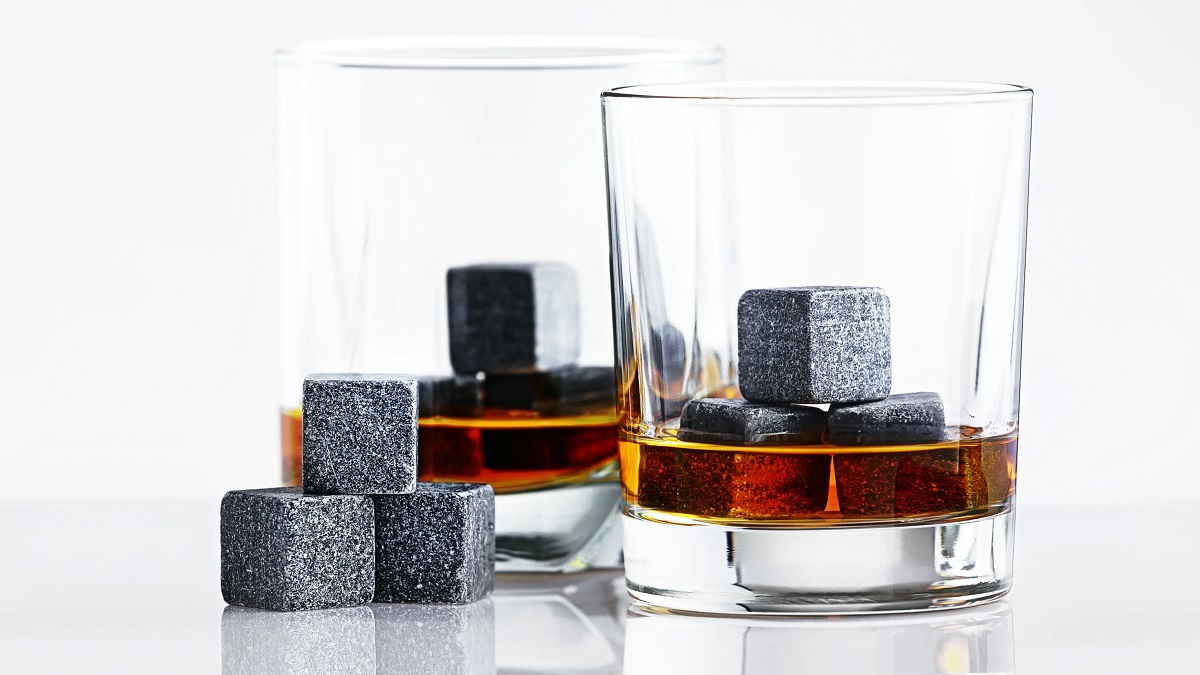
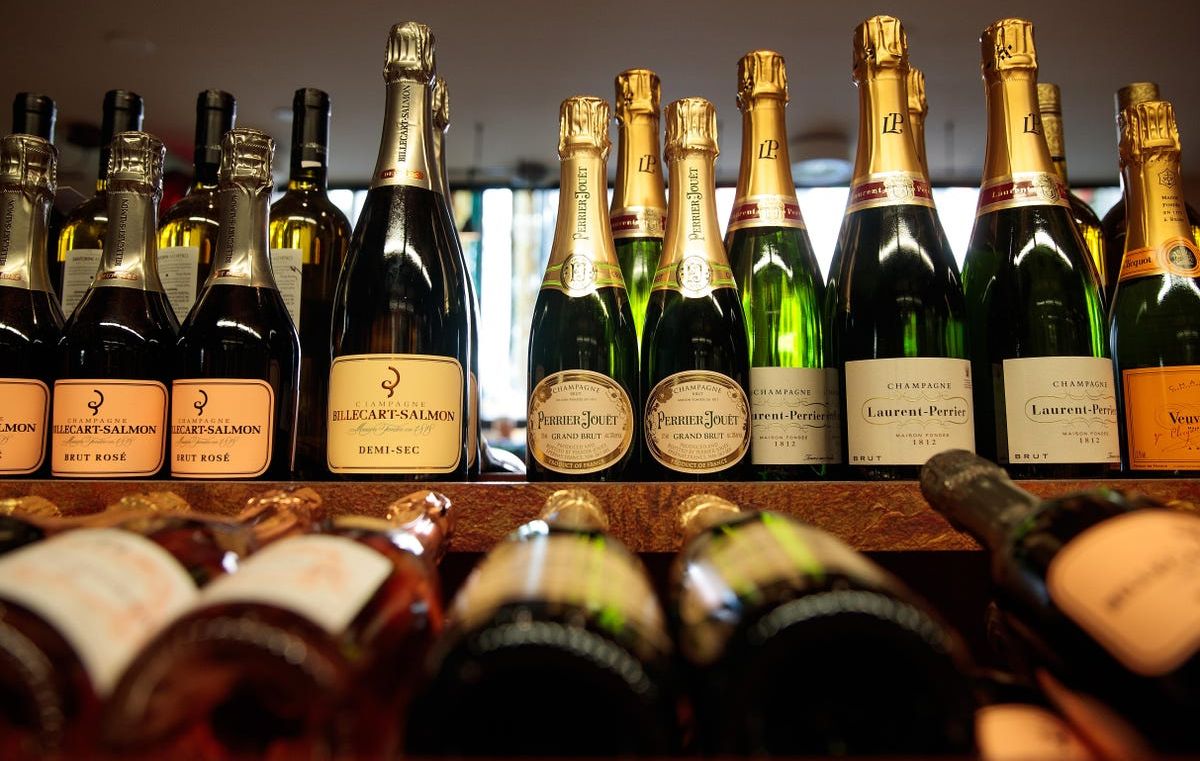

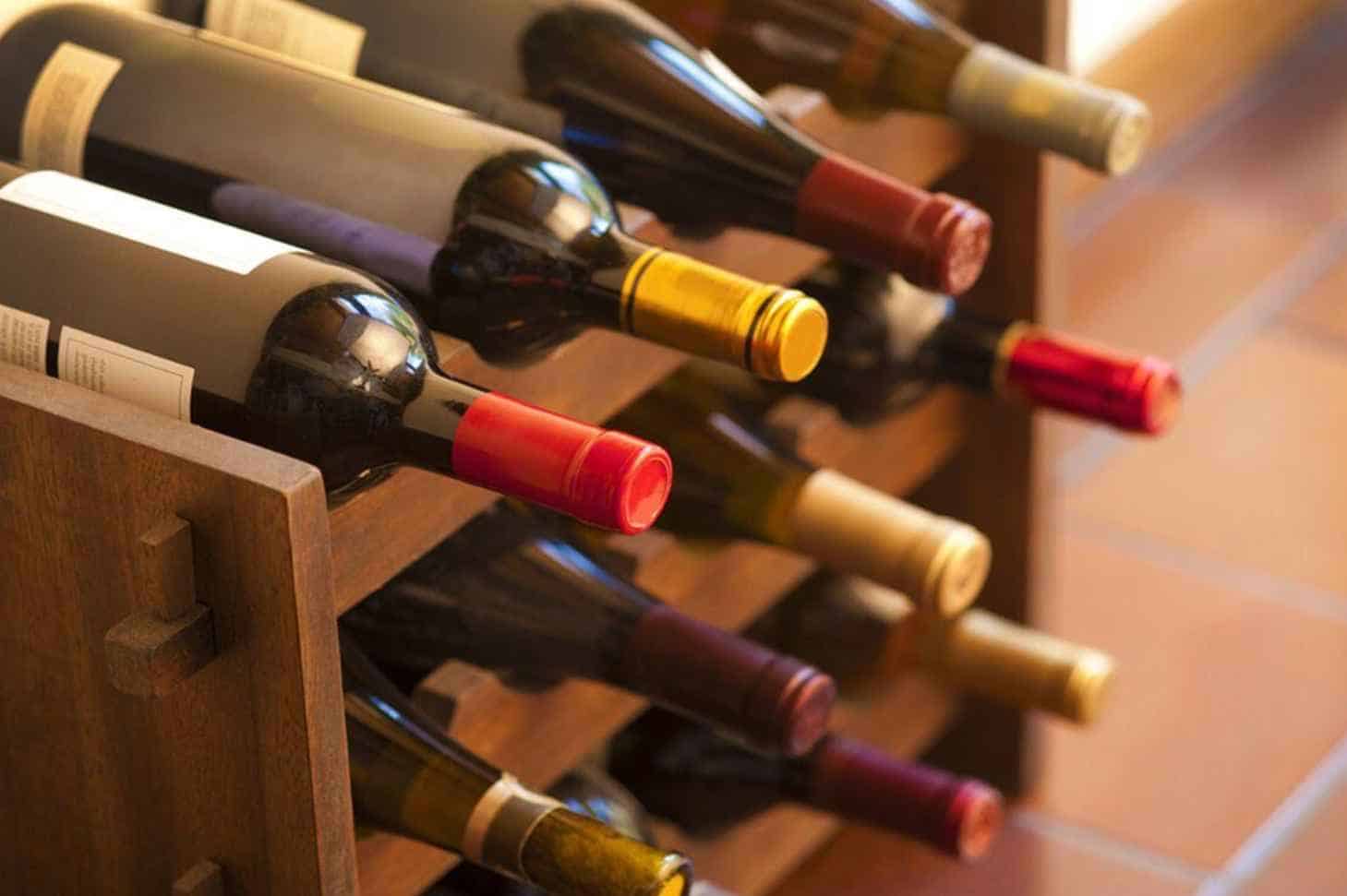

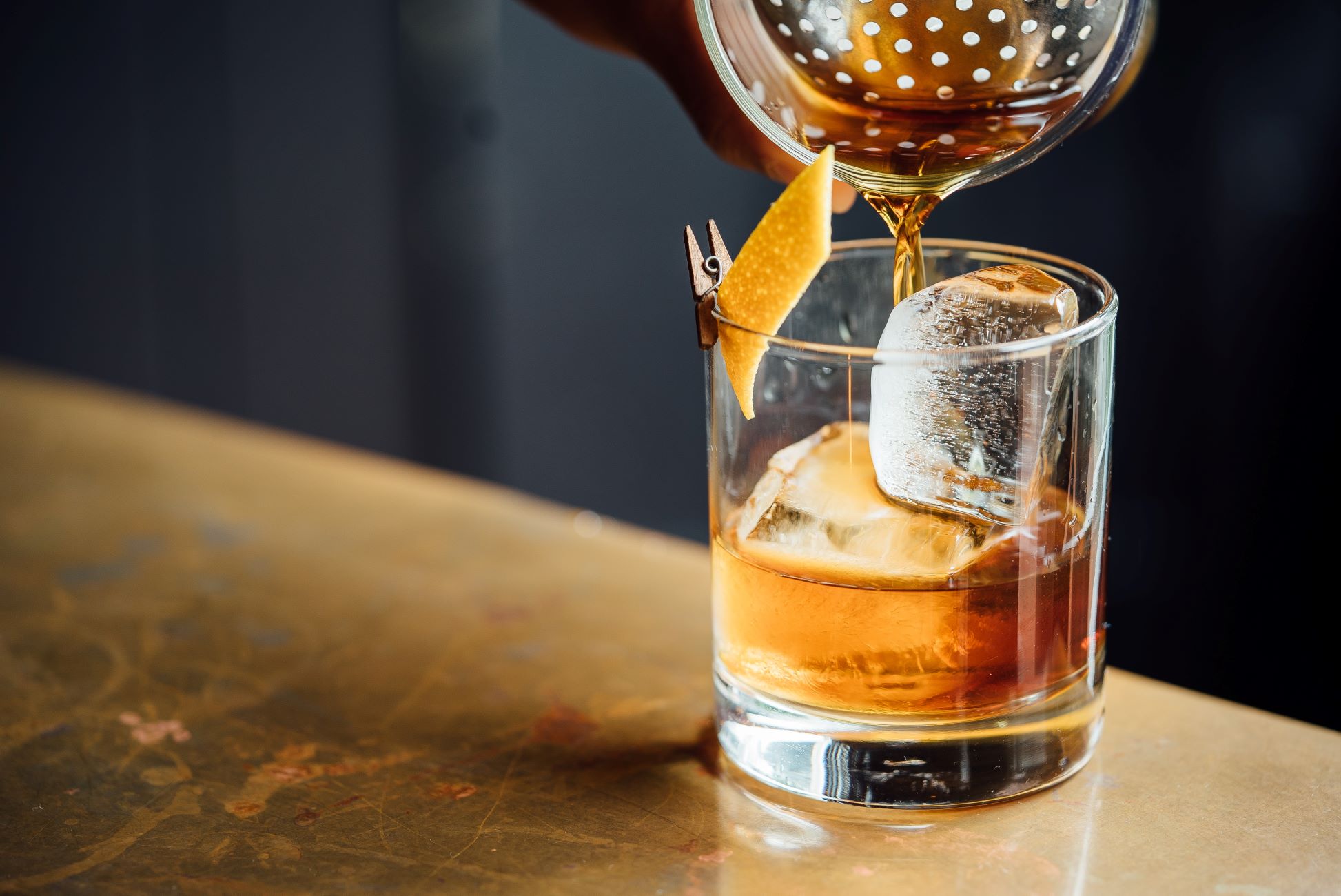
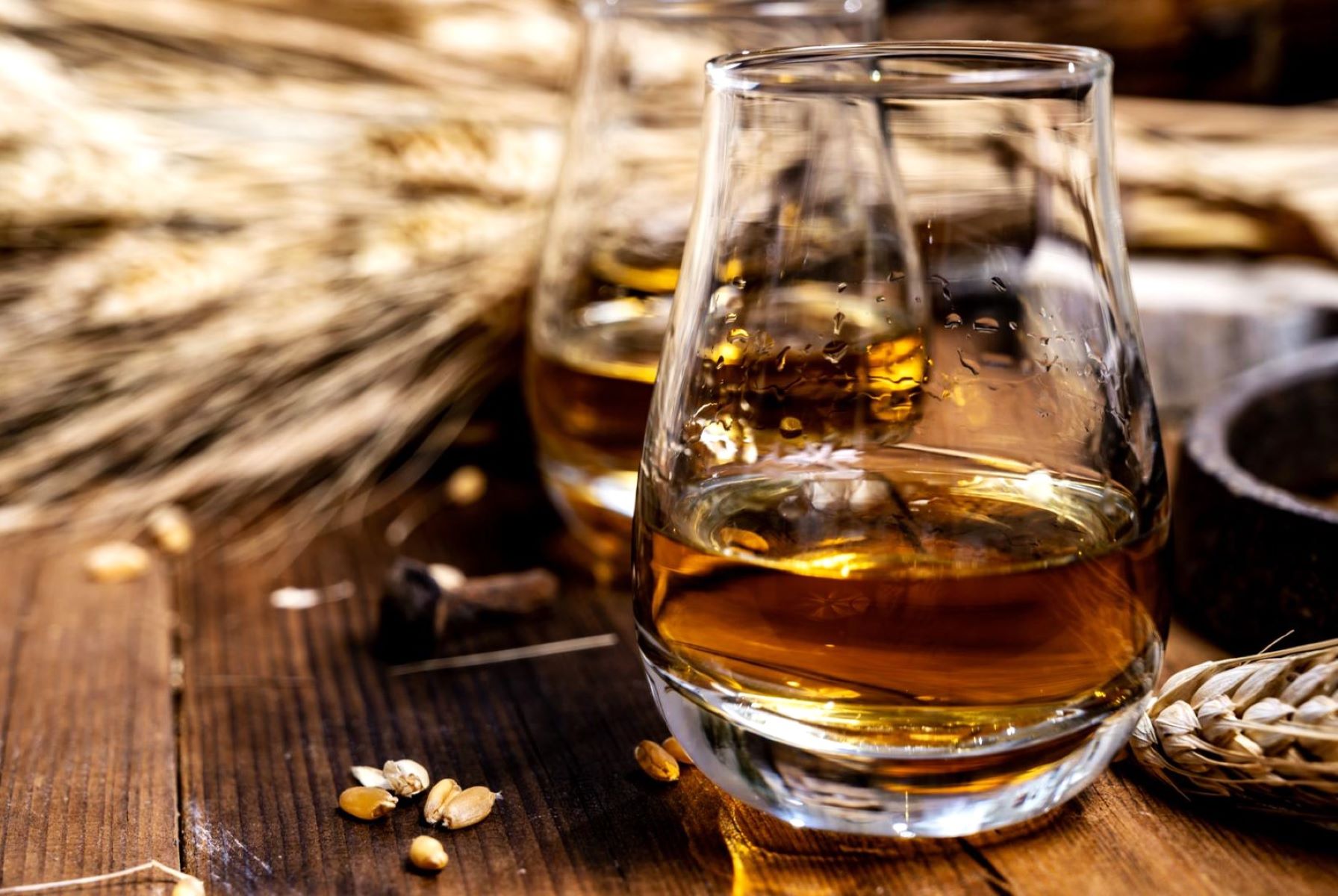
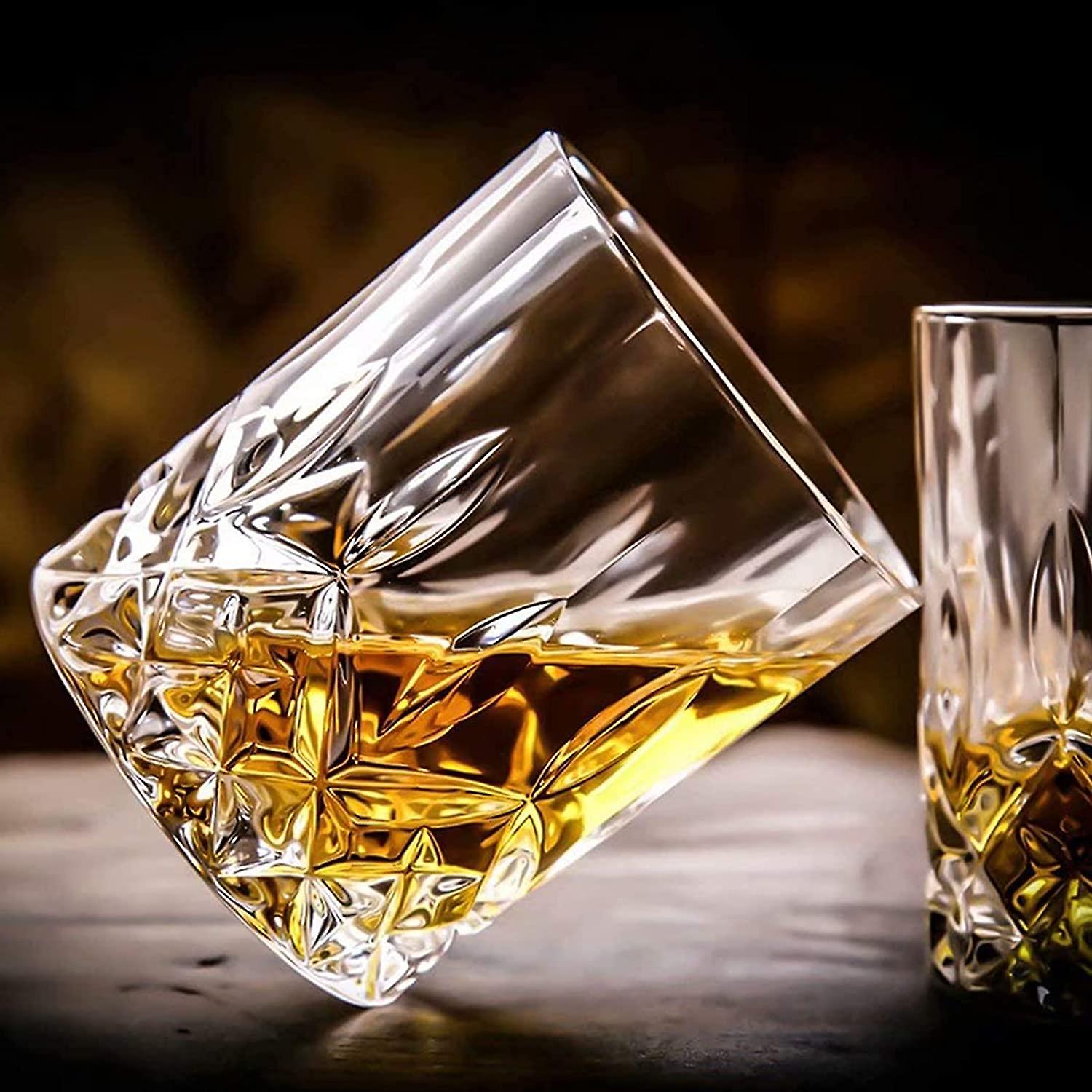
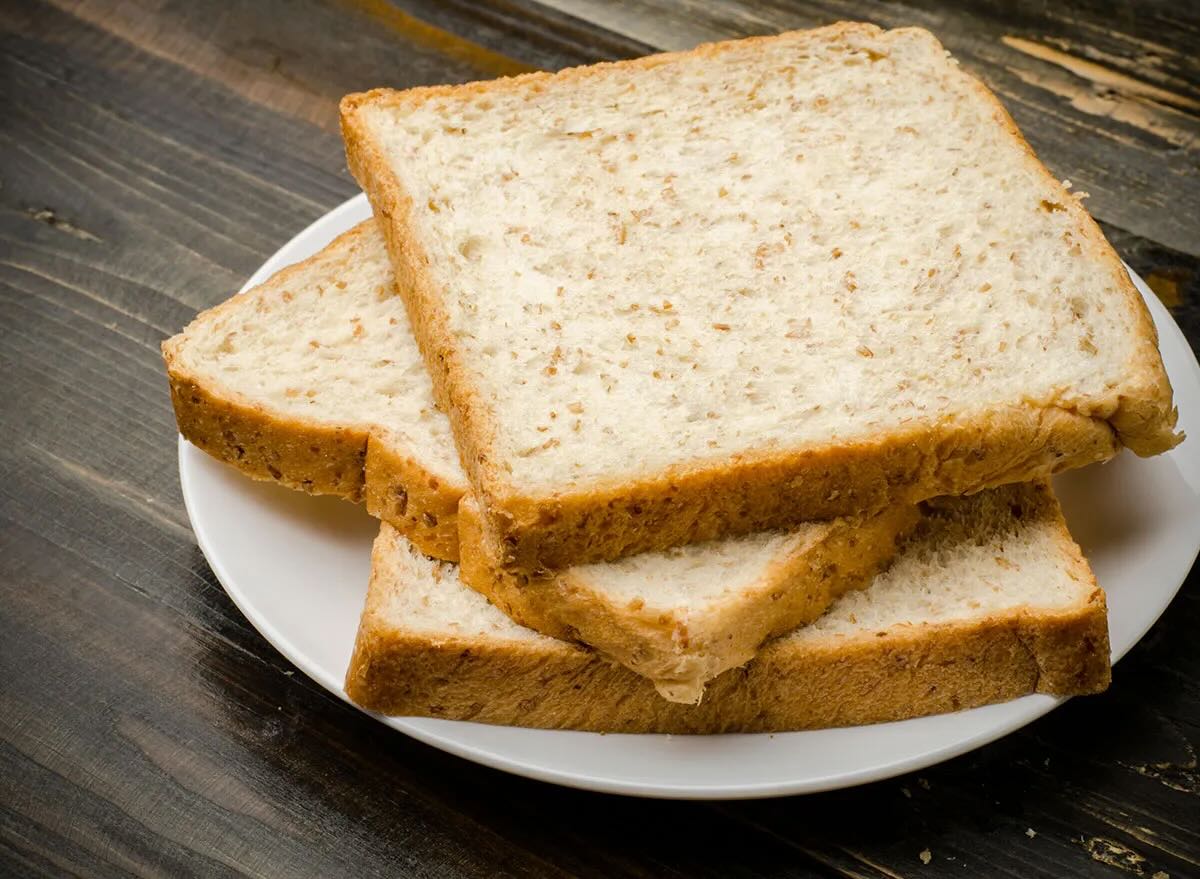
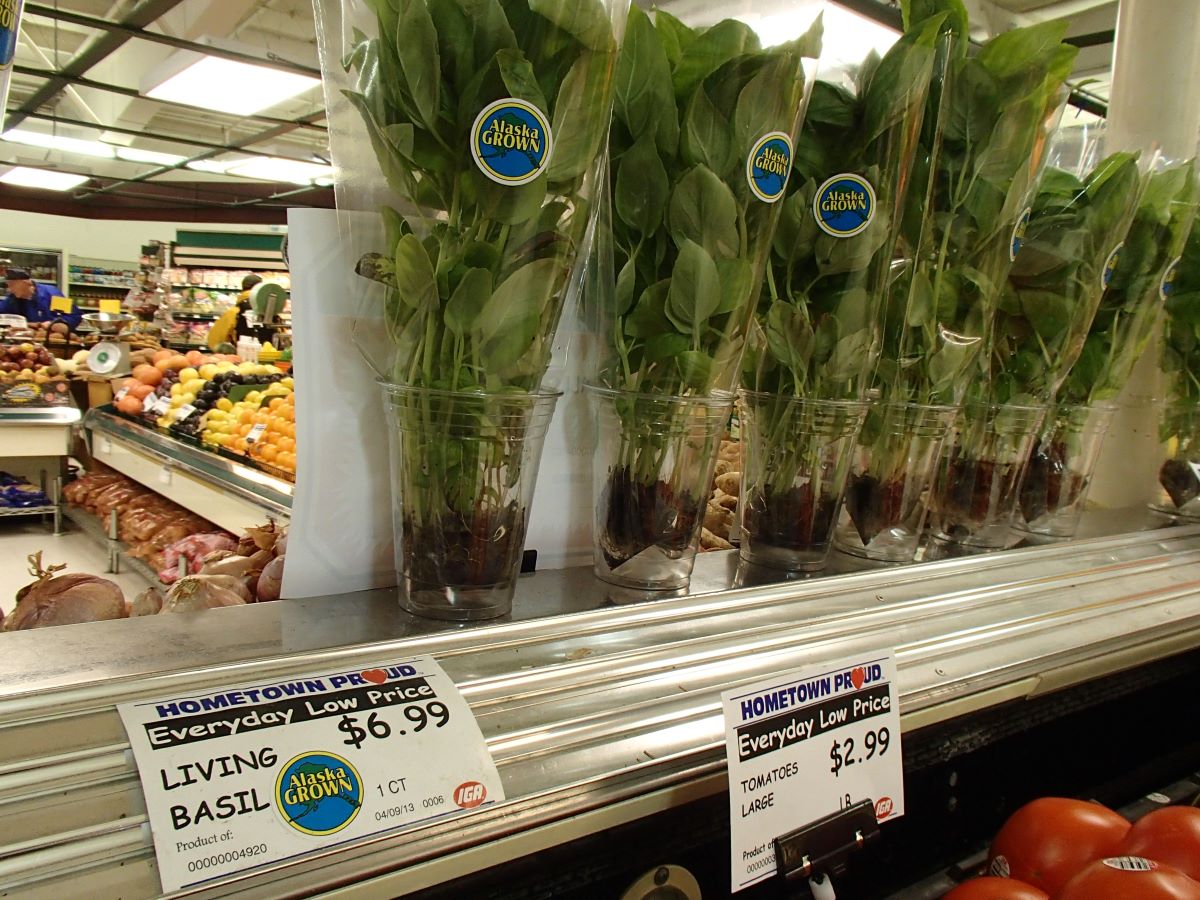
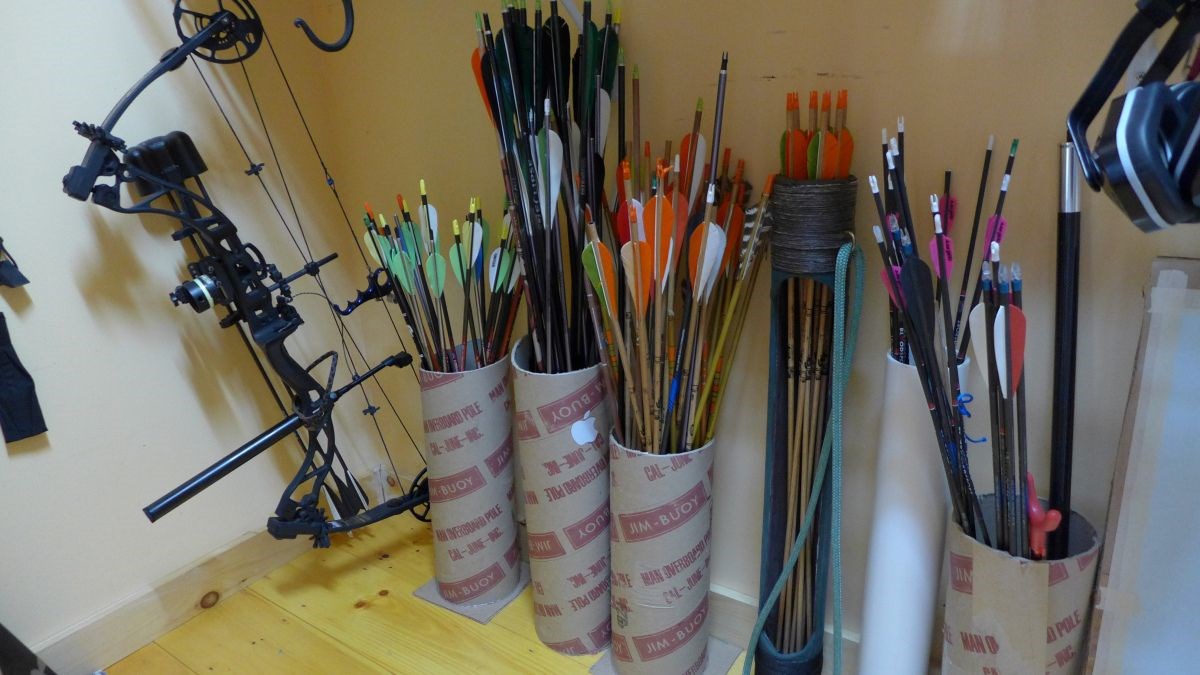
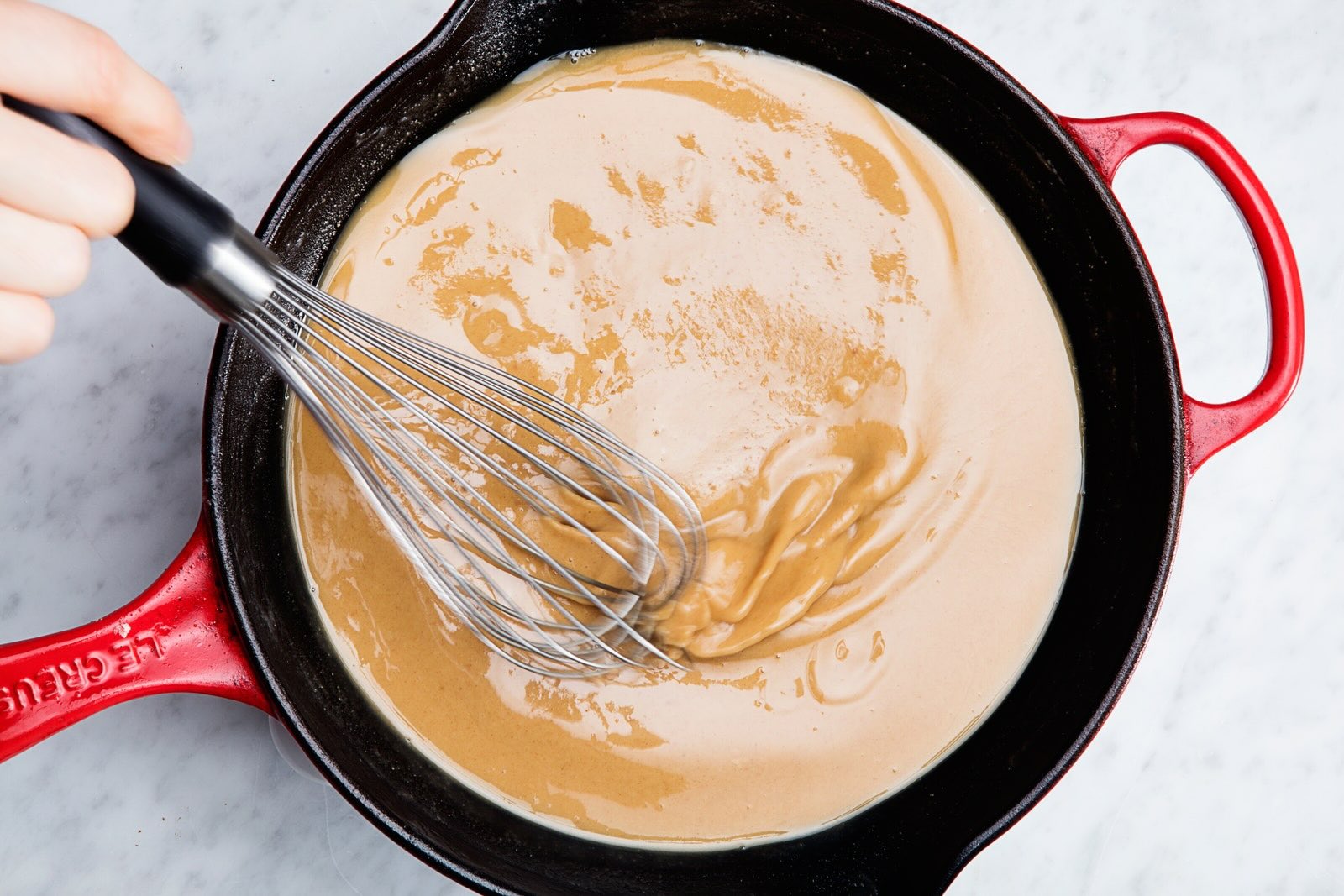
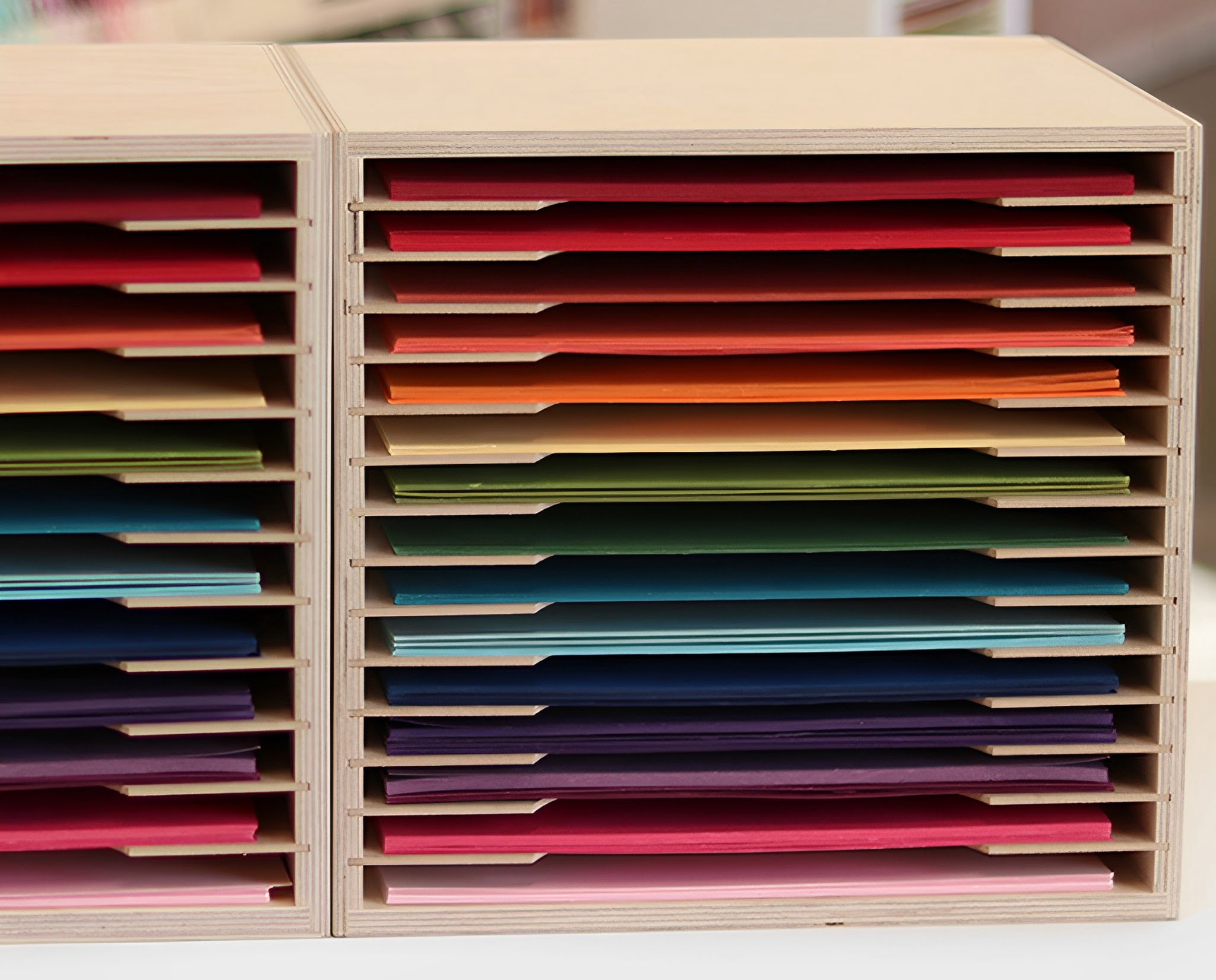

0 thoughts on “How To Store Unopened Whiskey”